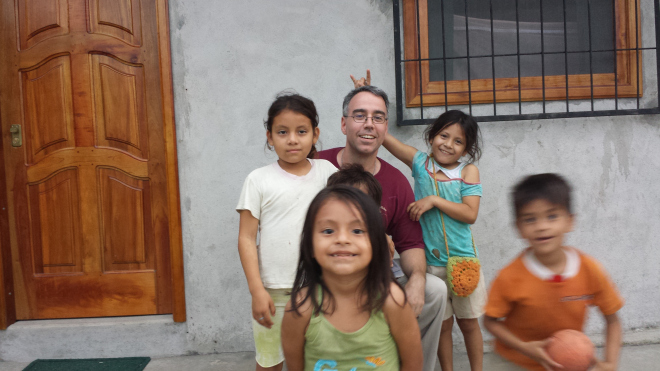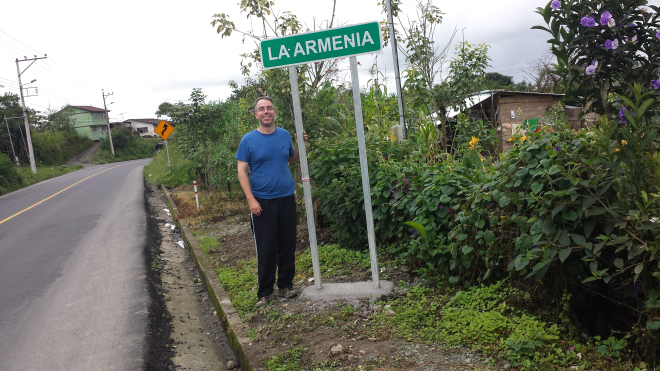Pope Francis' homily yesterday. From my experience, it is true: mission to the marginalized is a scandal to so many church-goers! But "the way of the Church is precisely to leave her four walls behind and to go out in search of those who are distant, those essentially on the "outskirts" of life." ***************
For Jesus, what matters above all is reaching out to save those far off, healing the wounds of the sick, restoring everyone to God’s family! And this is scandalous to some people!
Jesus is not afraid of this kind of scandal! He does not think of the closed-minded who are scandalized even by a work of healing, scandalized before any kind of openness, by any action outside of their mental and spiritual boxes, by any caress or sign of tenderness which does not fit into their usual thinking and their ritual purity. He wanted to reinstate the outcast, to save those outside the camp (cf. Jn 10).
There are two ways of thinking and of having faith: we can fear to lose the saved and we can want to save the lost. Even today it can happen that we stand at the crossroads of these two ways of thinking. The thinking of the doctors of the law, which would remove the danger by casting out the diseased person, and the thinking of God, who in his mercy embraces and accepts by reinstating him and turning evil into good, condemnation into salvation and exclusion into proclamation.
These two ways of thinking are present throughout the Church’s history: casting off and reinstating. Saint Paul, following the Lord’s command to bring the Gospel message to the ends of the earth (cf. Mt 28:19), caused scandal and met powerful resistance and great hostility, especially from those who demanded unconditional obedience to the Mosaic law, even on the part of converted pagans. Saint Peter, too, was bitterly criticized by the community when he entered the house of the pagan centurion Cornelius (cf. Acts 10).
The Church’s way, from the time of the Council of Jerusalem, has always always been the way of Jesus, the way of mercy and reinstatement. This does not mean underestimating the dangers of letting wolves into the fold, but welcoming the repentant prodigal son; healing the wounds of sin with courage and determination; rolling up our sleeves and not standing by and watching passively the suffering of the world. The way of the Church is not to condemn anyone for eternity; to pour out the balm of God’s mercy on all those who ask for it with a sincere heart. The way of the Church is precisely to leave her four walls behind and to go out in search of those who are distant, those essentially on the "outskirts" of life. It is to adopt fully God’s own approach, to follow the Master who said: "Those who are well have no need of the physician, but those who are sick; I have come to call, not the righteous but sinners" (Lk 5:31-32).
In healing the leper, Jesus does not harm the healthy. Rather, he frees them from fear. He does not endanger them, but gives them a brother. He does not devalue the law but instead values those for whom God gave the law. Indeed, Jesus frees the healthy from the temptation of the "older brother" (cf. Lk 15:11-32), the burden of envy and the grumbling of the labourers who bore "the burden of the day and the heat" (cf. Mt 20:1-16).
In a word: charity cannot be neutral, antiseptic, indifferent, lukewarm or impartial! Charity is infectious, it excites, it risks and it engages! For true charity is always unmerited, unconditional and gratuitous! (cf. 1 Cor 13). Charity is creative in finding the right words to speak to all those considered incurable and hence untouchable. Finding the right words… Contact is the language of genuine communication, the same endearing language which brought healing to the leper. How many healings can we perform if only we learn this language of contact! The leper, once cured, became a messenger of God’s love. The Gospel tells us that "he went out and began to proclaim it freely and to spread the word" (cf. Mk 1:45).
Dear new Cardinals, this is the "logic", the mind of Jesus, and this is the way of the Church. Not only to welcome and reinstate with evangelical courage all those who knock at our door, but to go out and seek, fearlessly and without prejudice, those who are distant, freely sharing what we ourselves freely received. "Whoever says: ‘I abide in [Christ]’, ought to walk just as he walked" (1 Jn 2:6). Total openness to serving others is our hallmark, it alone is our title of honour!











































